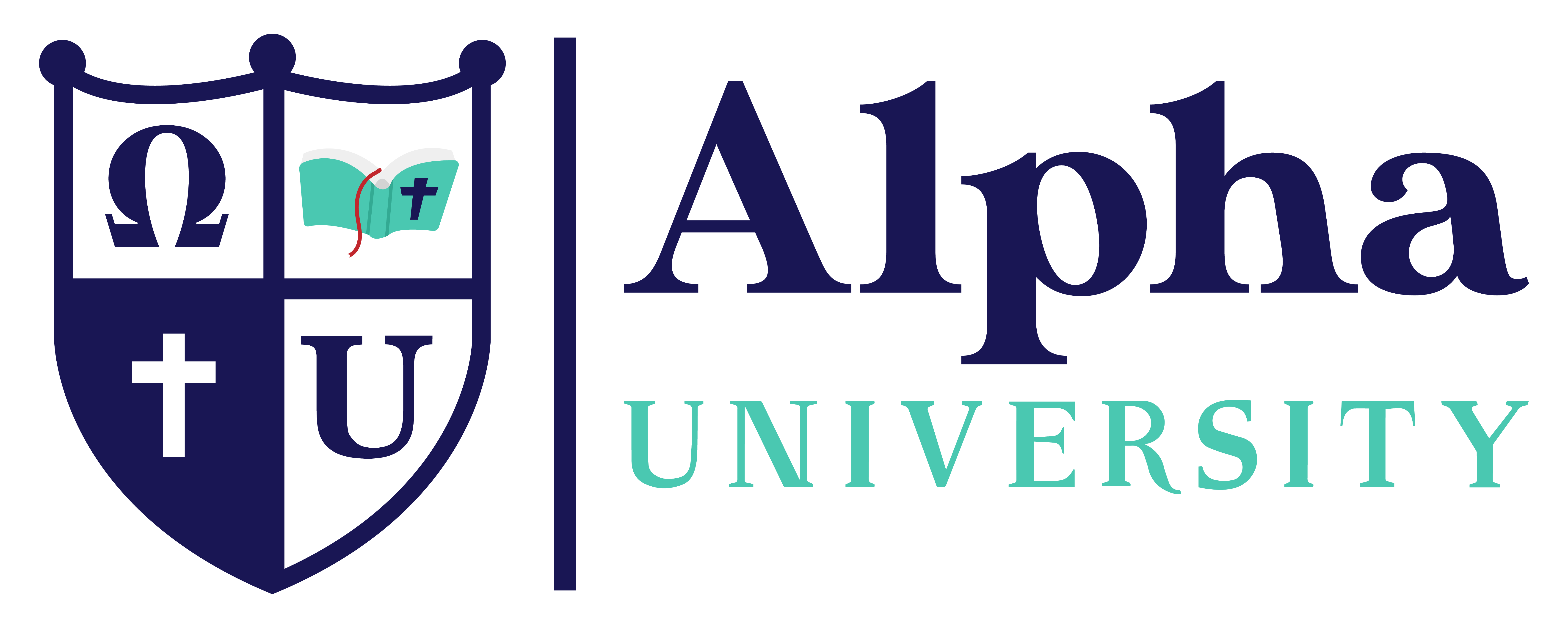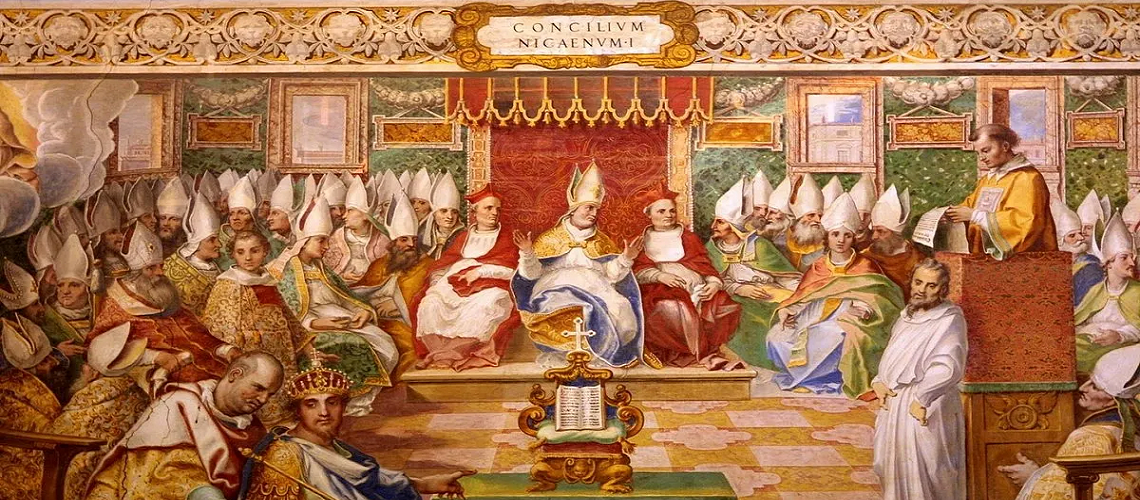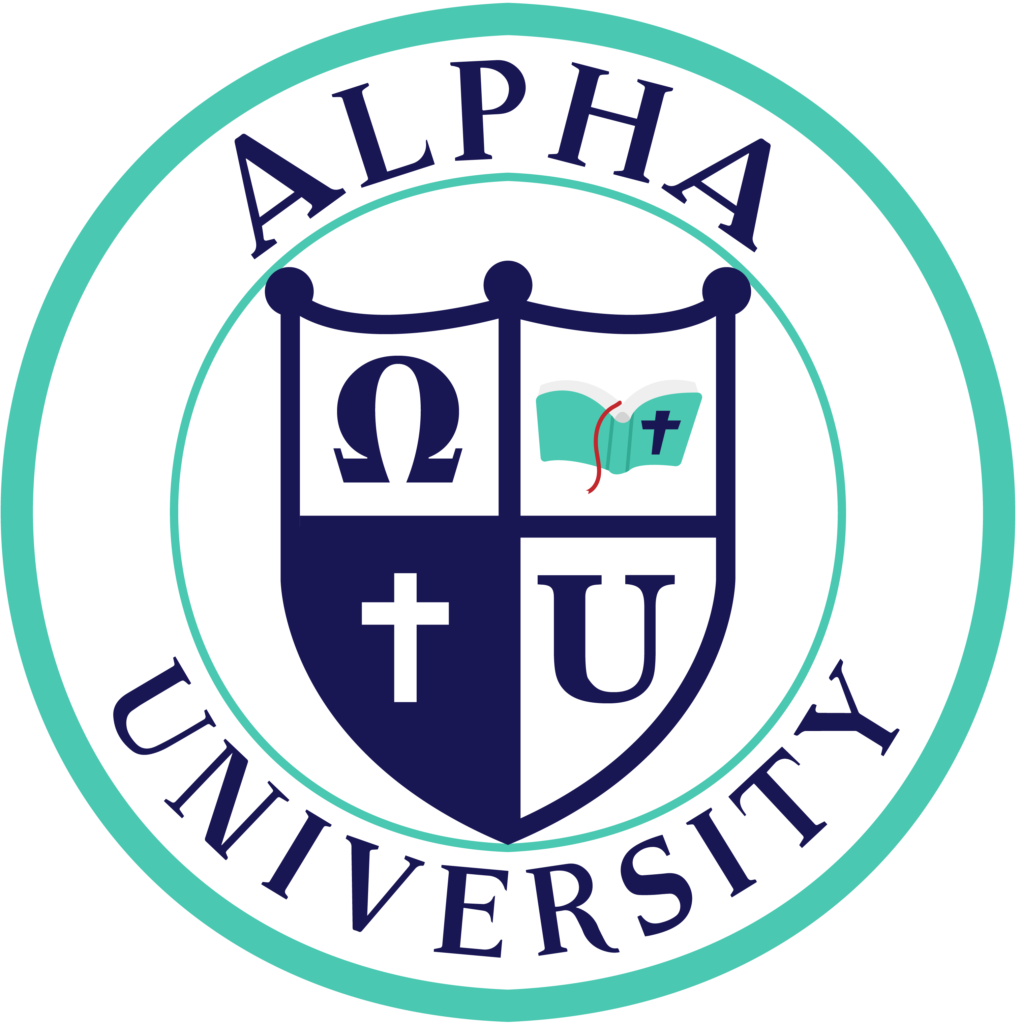The Council of Chalcedon was the culmination of defining the nature of Christ and the turning point of church history. The foundation of Christian doctrine of the Trinity dictates that God is one God, but three persons, the Father, Son, and the Holy Spirit. This pivotal event took place in 451, modern Kadikoy, Turkey and it was the fourth ecumenical council of the Christian Church. There were 520 bishops in attendance and their representatives. This was the largest and most documented of the early councils.
The important of this Council resulted in the acceptance and approval of the creed of Nicaea (325), the creed of Constantinople that became knowns as the Nicene Creed, and the rejection of the monophysite doctrine that held Christ as having only one nature. Later, the Council provided explanation of these doctrines through its own confession of faith. The historical importance of this event gives affirmation that Christ Jesus is one person who is both divine and human. It confirmed the perfection of both His natures.
The Anglicans and Protestants consider the Council of Chalcedon the last authoritative ecumenical council. The council cursed those who taught that Christ had a single divine nature. The outcome of the Council of Chalcedon produced a definitive definition that affirms Christ is the perfect Godhead and perfect manhood. In other words, “truly God and truly man” is the meaning given. This became known as the Chalcedonian Definition.
This Council is famous for supporting church structure. It gave equal honor to the Church of Constantinople and the Church of Rome. This created friction between the two churches that would eventually result in grave conflict. Eastern Orthodox Churches view the Council as a power struggle by the Church of Rome.
Another outcome of the Council of Chalcedon was the Schism of 1054, also known as the Great Schism (East-West Schism) which signified a break of communion between Catholic Church and the Eastern Orthodox Churches.
The works of the council produced 28 disciplinary canons which addressed the guidelines of what can be done and what was prohibited. For example, one of the canons prevents cleric from serving in the military. While another canon gives rules regarding wives and children of cantors and lectors. It also stipulates that a deaconess must be at least 40 years of age, and so forth.
The Council of Chalcedon gave a better understanding of the nature of Christ and formalized this doctrine that is carried out to this day. The divinity of the Lord and the perfect duality of Christ is the foundation of the Christian belief.
Bibliography
Barry, John et al., The Lexham Bible Dictionary (Bellingham, WA: Lexham Press, 2016).
ESV: study Bible: English standard version. Wheaton, IL: Crossway Bibles, 2007.







